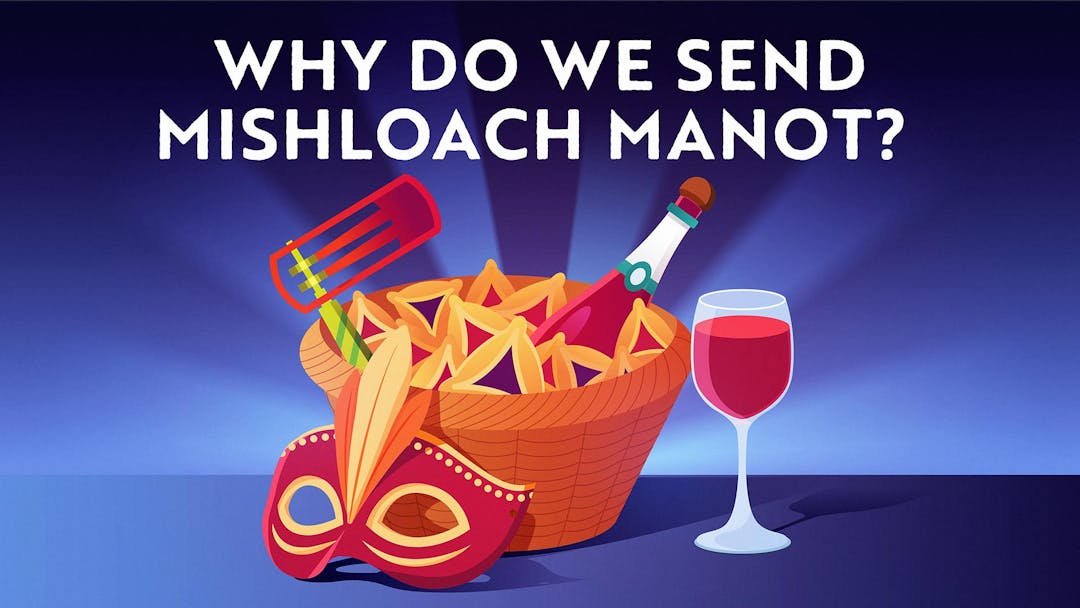Start your free trial today to unlock the full library and enjoy unlimited and uninterrupted access.
Get StartedSpiritual Meaning of Purim & Definition In Hebrew (Part 1 of 4)
Why Is ‘Purim’ Named After Haman's Lots?
What Does The Word Purim Mean Spiritually?
Passover is named for an incredible miracle, when God passed over and saved us from Egyptian oppression. Sukkot is named for the miraculous huts that housed us in the wilderness. And Purim is named for... Haman’s ‘lots’?!
Isn’t that kind of bizarre? Those lots were the device that our enemy used to try and annihilate us. They were a weapon of destruction. Why would we name the holiday after that? Wouldn’t it make a lot more sense to call it “Victory Day” or “Esther Day”? Why would we celebrate the holiday of Purim in honor of our enemy?
In this series, Rabbi Fohrman flips the idea of Purim’s name on its head. (It’s a real ‘ve’nahafoch hu’!) He makes a surprising claim: that Purim isn’t named after Haman’s lots; it actually means something else. In doing so, he shows how this bizarre name for the holiday is actually a key to unlocking one of the Megillah’s most intriguing hidden messages.
Click here to buy Rabbi Fohrman's book about Purim!
For more incredible Purim content, check out Who is Haman?, Esther's Mysterious Past, and The Hidden Story of Mordechai.
Want to watch the full video for free?
Enter your email and we’ll send you a link to watch the full series free.
What is Aleph Beta?
Aleph Beta is a unique kind of Torah library. Led by our founder, Rabbi David Fohrman, we are dedicated to high-level, textual Torah learning for adults that is intellectually and spiritually sophisticated, that enlivens your Jewish practice and helps you forge a deeper connection to God. Whether you’ve been learning in yeshiva for years or you’re just beginning your Torah journey, you’re sure to find something meaningful and surprising waiting for you here.
Browse our library of over 1,000 beautifully produced animated videos, podcasts, deep dive courses, and printable guides. Topics include the weekly parsha, Jewish holidays & fast days, laws & mitzvot, prayers, relationships, big philosophical ideas and more. Have something to say at the Shabbos table that will amaze your family and guests and bring deep meaning into their lives.











